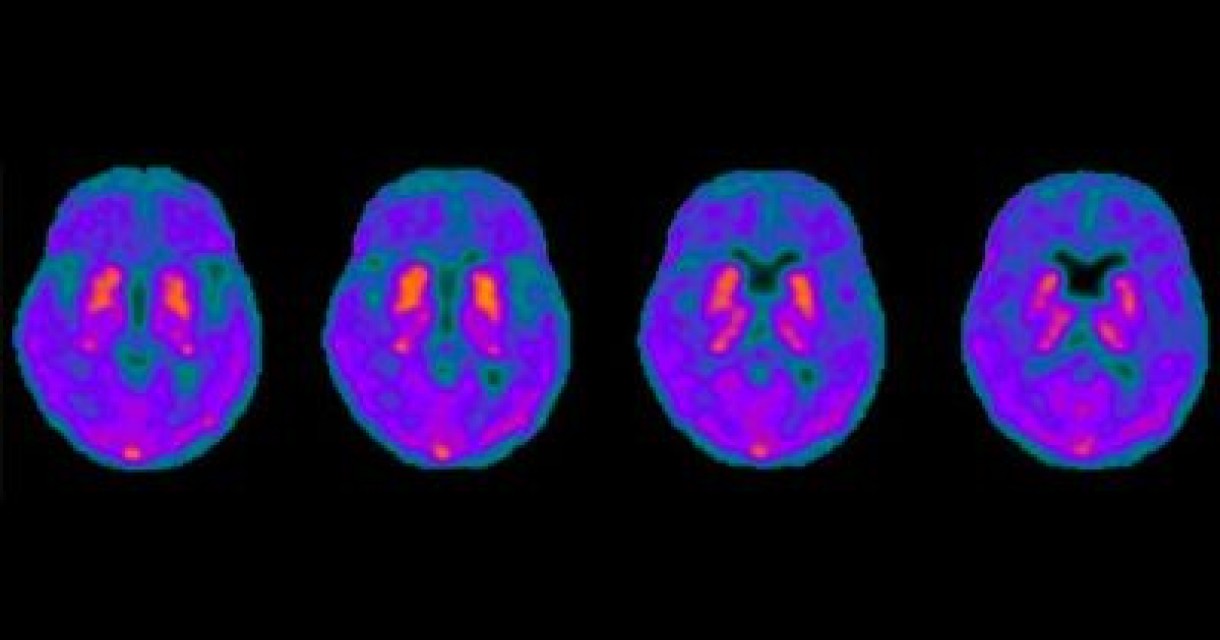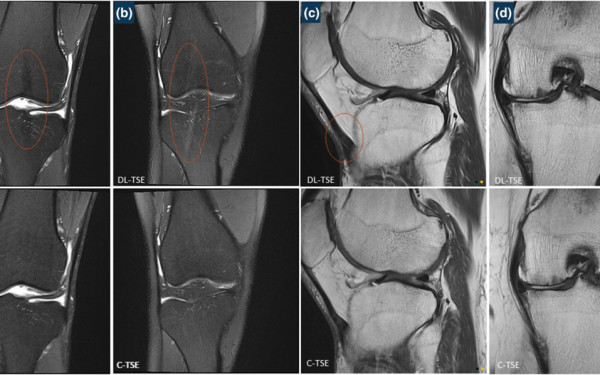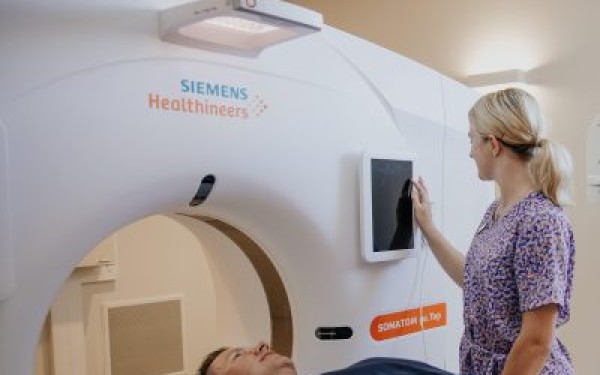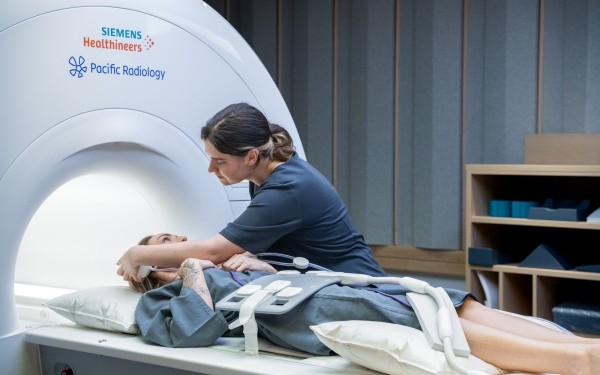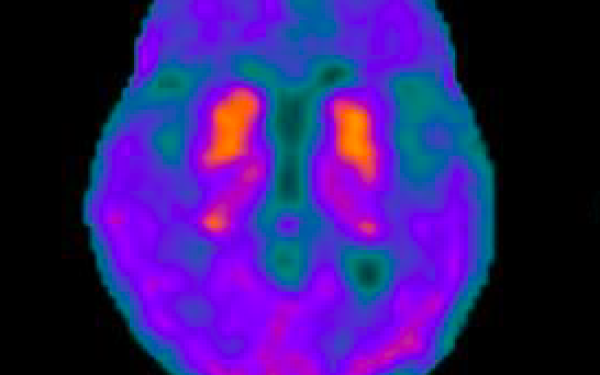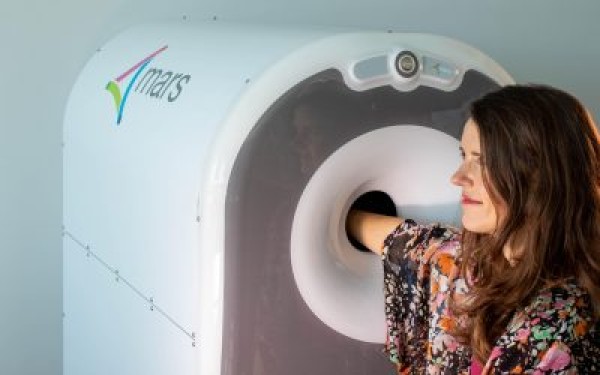A unique research study is underway through the New Zealand Brain Research Institute (NZBRI) with New Zealand’s first brain tau PET scan in Christchurch. The focus is on Parkinson’s disease dementia.
The study involves the use of the protein tau, a key protein involved in many neurodegenerative diseases – and the use of Positron Emission Tomography (PET) imaging techniques.
Some people with the progressive disorder Parkinson’s disease may develop various cognitive impairments and dementia quite soon after diagnosis; others do not for years. Finding out what might be behind this variability is the focus of the new research.
Associate Professor Tracy Melzer, Imaging Research Manager at NZBRI, explains:
“We have previously conducted studies on the effect of the build-up of beta-amyloid proteins in the brains of Parkinson’s patients. It was therefore something of a natural progression to try to find out if the presence in the brain of another protein - tau - was an important factor or not in Parkinson’s disease dementia.”
The use of Positron Emission Tomography (PET) imaging techniques is key to this research says Dr Ross Keenan, neuroradiologist:
“Other types of scans – MRIs and CTs, though powerful, – just didn’t cut it with helping to advance our molecular understanding of neurologic-diseases. PET has opened up a whole new era, where we can study patients’ “in vivo”.”
The study aims to put 50-60 people with Parkinson’s through the tau PET imaging. At NZBRI they have been undertaking a large longitudinal study for some 15 years of over 320 people with Parkinson’s. It is this group as well as some new participants, with varying degrees of Parkinson’s disease dementia, who will be invited to take part in the study. The tau radiotracer is injected into a patient’s arm. It takes some 40-45 minutes to travel to the brain. It then binds to whatever tau is deposited in the brain emitting a glow which is visible through the PET scanner.
The researchers hope to complete the study in less than two years and to gain insight into whether tau protein has an impact on the progression and severity of Parkinson’s disease dementia.
Image courtesy of Dr Lucy Vivash, Department of Neurology, Alfred Health and Department of Neuroscience, Monash University. Brain Axial Tau Pet-CT colour-fused image.
